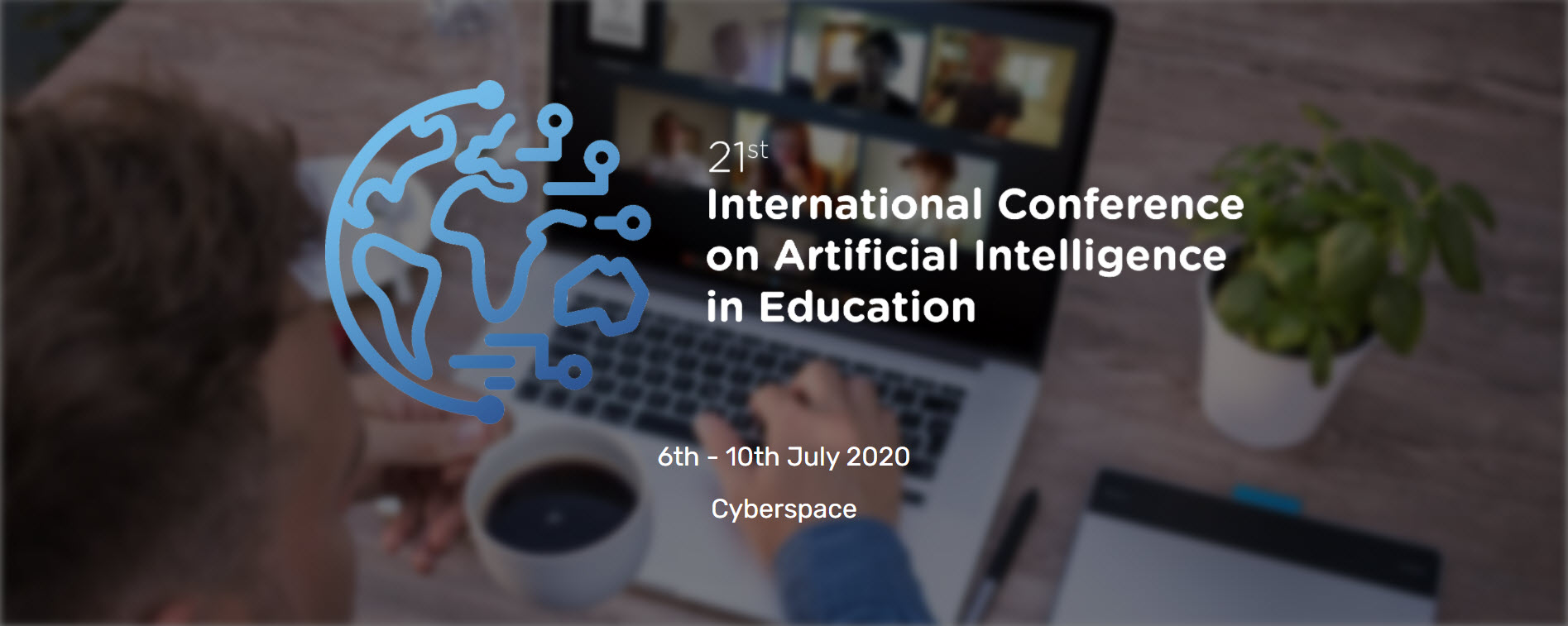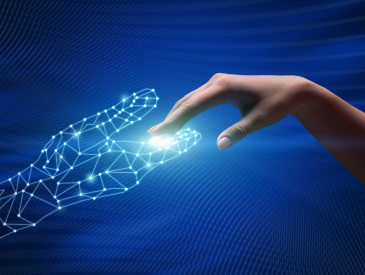
On July 8, 2020, a panel of experts in artificial intelligence in education discussed the challenges that educators and learners are facing due to COVID-19, and how artificial intelligence (AI) can help overcome these problems. The panel was held as part of the 21st International Conference on Artificial Intelligence in Education (AIED), which was held this year as a worldwide virtual conference. The participants were Neil Heffernan of Worcester Polytechnic University, James Lester of North Carolina State University, Jack Mostow of Carnegie Mellon University, and Carolyn Penstein Rosé of Carnegie-Mellon University, with me serving as moderator. The panel summarized findings from two Alelo webinars on the future of AI in education and training on supporting teachers and supporting learners in the COVID-19 era.
At the height of the COVID-19 lockdown, 1.6 billion students worldwide were affected by school closures and nearly 830 million learners did not have access to a computer. More than 40 per cent had no Internet access at home. And many students who do have digital access are struggling. Many students disengage and lose motivation. Many feel isolated and alone.
AIED systems, properly applied, can help overcome these problems. Lessons learned from using AI with MOOCs (Massive Open Online Courses) and in areas with limited computing resources have helped prepare AI for challenges under COVID-19.
In the current environment, it is not enough for teachers to give remote students assignments to complete on their own. Teachers must maintain awareness of how well their students are doing and identify ones who are struggling, before they lose motivation and become vulnerable to absenteeism. AI is helping by providing teachers with analytics on student performance, which can provide evidence of student engagement and progress. Lester’s lab is adapting technologies for orchestrating classroom activities so that they can be used in the home. The panelists agreed that AI-driven systems can provide teachers insights into student learning, without taking control of the learning process.
The digital divide has become painfully obvious in the COVID-19 era. Fortunately, AIED systems are now able to operate in resource-limited environments. An extreme example is RoboTutor used in rural Africa. Alelo’s Enskill is being used on mobile phones by students studying at home.
Educational systems under COVID-19 must help foster connections between learners. Carolyn Rosé described the groundbreaking work of her team to track collaborative learning activities, and to support regulation of social distancing while encouraging collaborative engagement.
Professional development is a critical issue under COVID-19, especially for educators who are not familiar with remote learning. Teachers who understand the learning objectives that they are seeking to accomplish, and recognize that these objectives can be accomplished in multiple ways, are the best position to take advantage of the capabilities that AI technologies have to offer.
Slides from the panel, including backup materials, may be found on SlideShare.



About The Author
Lewis Johnson
Dr. W. Lewis Johnson is President of Alelo and an internationally recognized expert in AI in education. He won DARPA’s Significant Technical Achievement Award and the I/ITSEC Serious Games Challenge, and was a finalist in XPRIZE Rapid Reskilling. He has been a past President of the International AI in Education Society, and was co-winner of the 2017 Autonomous Agents Influential Paper Award for his work in the field of pedagogical agents. He is regularly invited to speak at international conferences for distinguished organizations such as the National Science Foundation.